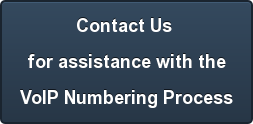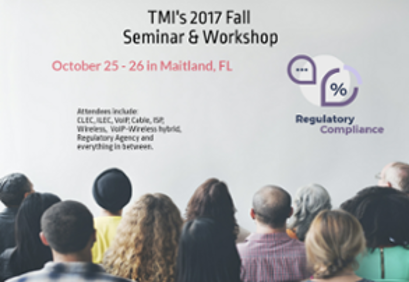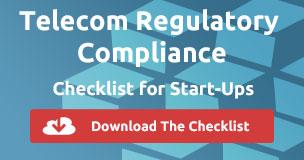 Today: FCC Average Schedule High Cost Loop Formula, FCC International Reporting, FCC Nationwide Number Portability, FCC Hearing Aid Compatibility Rules
Today: FCC Average Schedule High Cost Loop Formula, FCC International Reporting, FCC Nationwide Number Portability, FCC Hearing Aid Compatibility Rules
FCC Average Schedule High Cost Loop Formula
The FCC approved the National Exchange Carrier Association, Inc. (NECA)’s annual average schedule company high-cost loop support (HCLS) formula modifications for 2018. See the Regulatory Mix dated 9/7/17. Under the formula, annual payments to average schedule companies will total approximately $6.45 million payable to 99 average schedule study areas, an increase of 7% over the 2016 estimated payments. The FCC found that NECA’s results and calculations were accurate and complete and that the proposed HCLS formula should reasonably approximate the cost per loop of the sample average schedule companies, and thereby allocate funds appropriately to average schedule companies.
FCC Eliminates Some International Reporting
At its Open Meeting today, the FCC voted to eliminate the requirement that U.S. providers of international telecommunications services file annual Traffic and Revenue Reports. It also streamlined the requirements for filing Circuit Capacity Reports by eliminating the requirement that carriers file circuit data for terrestrial and satellite facilities. The FCC found that the costs of the traffic and revenue data collection now exceed the benefits of the FCC collecting the information. Instead, the FCC will rely, as necessary, on targeted data requests to international service providers, in combination with third-party commercial data sources, to achieve its statutory objectives.
 FCC To Examine Nationwide Number Portability
FCC To Examine Nationwide Number Portability
At its Open Meeting today, the FCC also voted to seek comment on the regulatory and technological changes that would be required to implement complete nationwide number portability between all service providers, regardless of size or type. Currently, nationwide number portability is limited and in many cases portability is limited to a local area. Nationwide number portability would benefit consumers and competition by: (1) leveling the playing field for small wireless providers, which often can’t port in a number originating from a location where they lack facilities; and (2) eliminating disparities that make wireline and VoIP porting more limited than wireless porting.
FCC Revises Hearing Aid Compatibility Rules
At its Open Meeting today, the FCC voted to update its rules for hearing aid compatibility and volume control on wireline and wireless telephones. The new rules: (1) adopt a revised volume control standard for wireline handsets to provide a more accurate measurement of voice amplification; and (2) apply all the FCC’s hearing aid compatibility requirements to wireline telephones used with advanced communication services, including phones used with VoIP. Compliance with these provisions must be achieved within two years. The Order also requires that, within the next three years, all wireless handsets newly certified as hearing aid compatible must include volume control suitable for consumers with hearing loss.
____________________________
The Regulatory Mix, TMI’s daily blog of telecom related regulatory activities, is a snapshot of PUC, FCC, legislative, and occasionally court issues that our regulatory monitoring team uncovers each day. Depending on their significance, some items may be the subject of a TMI Briefing.




